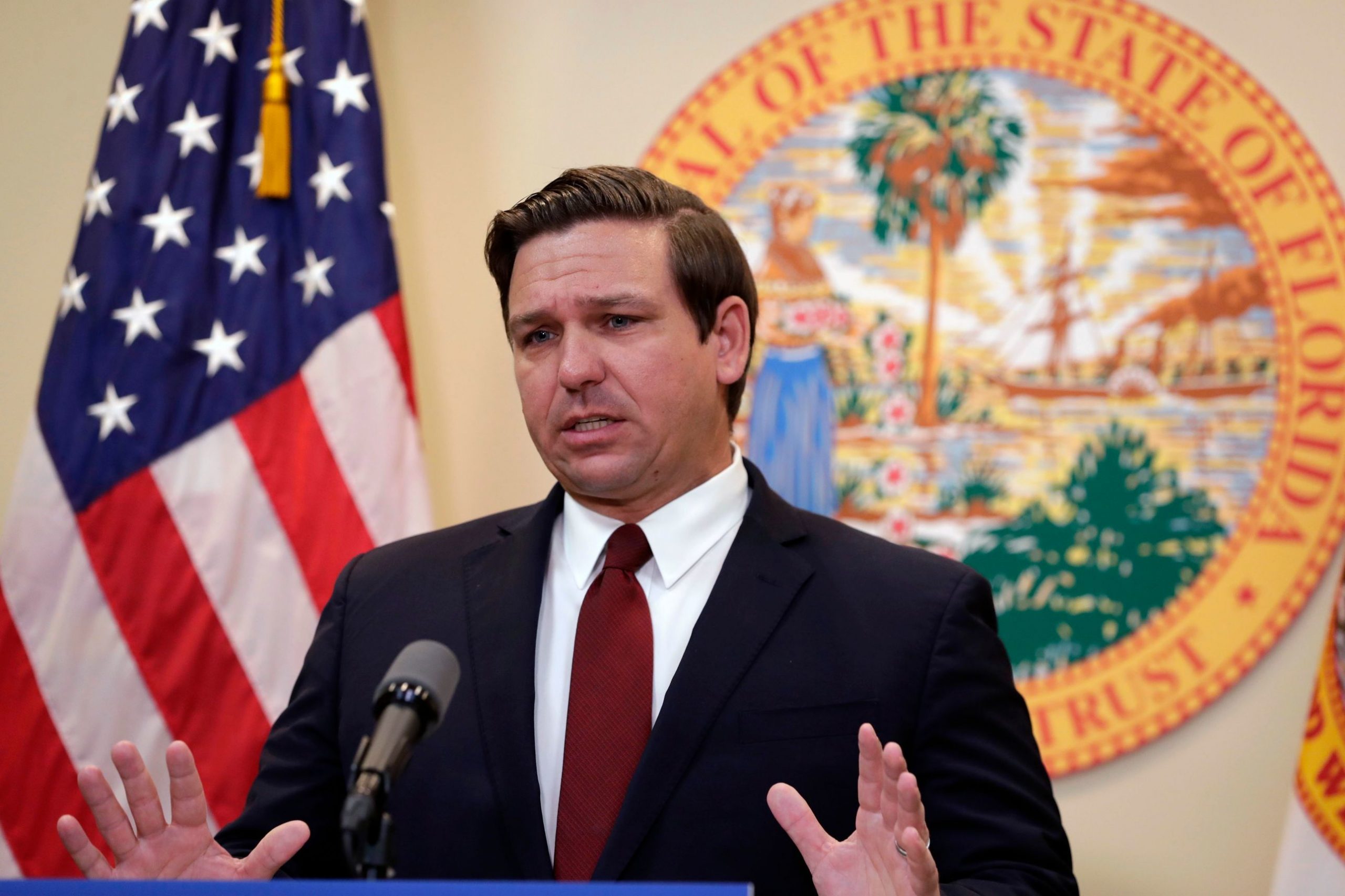Over the past few decades, the Republican Party and corporate America have enjoyed a comfortable and mutually beneficial relationship. Republicans have been steadfast champions of low taxes and light regulations, allowing businesses to largely govern themselves. In return, corporations have generously contributed to Republican campaign coffers. However, this once cozy relationship has started to fray, notably during the Trump administration and now, more starkly, under the emerging banner of cultural warfare.
Traditionally, Republican administrations have been seen as business-friendly. President Donald Trump’s tenure was no exception, with significant business tax cuts and deregulation. However, Trump also launched trade wars against China and other economic partners, disrupting supply chains and increasing costs for thousands of U.S. businesses. Furthermore, Trump’s personal attacks on companies that failed to align with his interests marked a departure from the party’s conventional approach.
The Republican party’s sporadic hostility towards certain businesses under Trump has escalated into a broader offensive against companies that appear to violate the party’s new unwritten code of cultural regression. This is often framed as a “war on wokeness” or a pushback against perceived excessive cultural sensitivity. However, the ambiguity surrounding the term “wokeness” provides a convenient cover for Republicans to target any company that appears to threaten their political ambitions.

A striking example of this shift is Florida Governor Ron DeSantis’s conflict with the Walt Disney Co., one of Florida’s largest employers and its single biggest taxpayer. When Disney opposed a bill DeSantis supported, which would restrict teachings about sex and gender in Florida schools, DeSantis retaliated by revoking Disney’s self-governing status near its Orlando theme park. Although the law passed despite Disney’s objections, DeSantis continued to antagonize the company, sparking a legal battle that could last for years.
The skirmish between DeSantis and Disney is not about business principles but rather cultural warfare. Other Republicans appear to be echoing DeSantis’s tactics, seeking ways to penalize Disney and other companies at a federal level. The so-called “war on woke capitalism” is becoming a part of the Republican strategy for the 2024 campaign to regain control of Congress and the White House.
The trend of implementing restrictions on state investments in ESG (Environmental, Social, and Governance) focused firms is not exclusive to Florida. Numerous states under Republican leadership, including Arizona, Louisiana, and North Dakota, have introduced regulations or passed laws that limit state investments in companies that practice ESG investing. The objective is to impose penalties on financial powerhouses like BlackRock and JPMorgan Chase, which promote ESG as a responsible and profitable investment approach. Additionally, Republican initiatives are underway to dismantle tech giants such as Facebook and Google, with Montana being the latest state to ban TikTok. These developments reflect a broader pattern of policy and regulatory actions aimed at reshaping the financial and tech sectors.
The Republicans’ strategy doesn’t appear to be an attack on profits or capitalism as a whole. Instead, they’re targeting businesses when it aligns with their broader political objectives. This approach challenges the ethos of laissez-faire capitalism, a cornerstone of Republican ideology, which favors minimal rules for businesses. While Republicans remain committed to low taxes and lean regulations, they now expect businesses to adhere to a conservative ideology that many argue is out of touch with mainstream Americans.
Despite the Republican Party’s changing relationship with corporate America, the Democrats have not rushed to fill the void. President Joe Biden’s administration has proposed business tax hikes and increased regulations. However, Biden has also eased trade frictions with allied nations and supports raising the federal borrowing limit to avoid the threat of default. Green-energy firms and other businesses that stand to benefit from Biden-backed bills, such as last year’s Inflation Reduction Act, may see his administration as a friendlier ally.
While there’s no rule that a major political party must represent the interests of big business, the Republican Party’s growing rift with corporate America marks a significant shift in U.S. politics. Some argue that this distancing may be beneficial, potentially reducing the influence of lobbyists over public policy. However, it’s critical to remember that regulating business should prioritize economic productivity, not political point-scoring or settling cultural grievances. As the landscape continues to shift, the impact of this changing dynamic on both the economy and the political climate will be closely watched.










